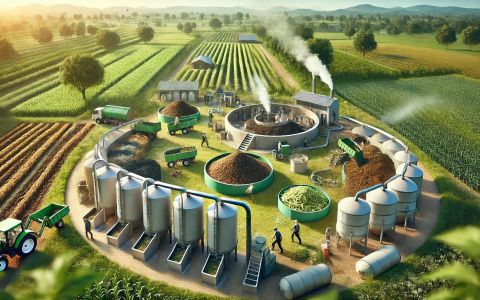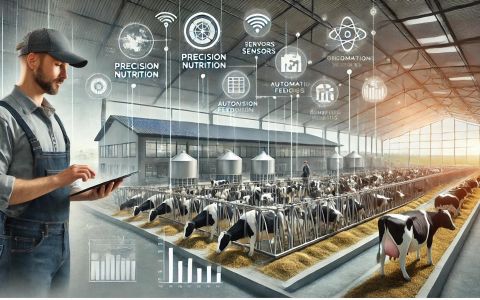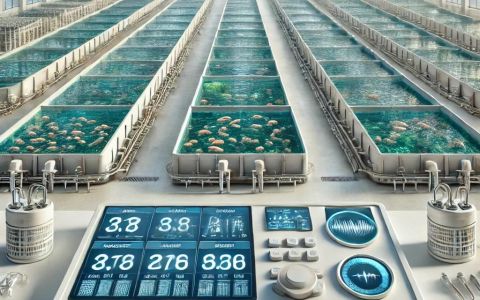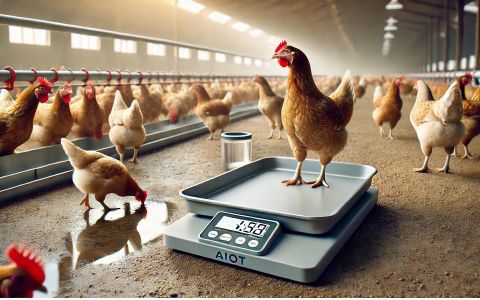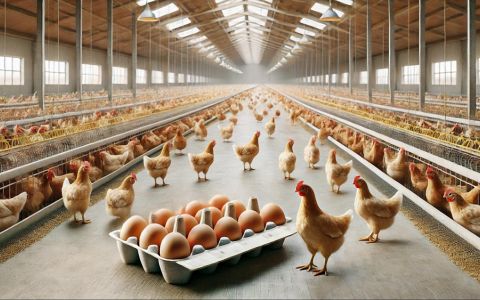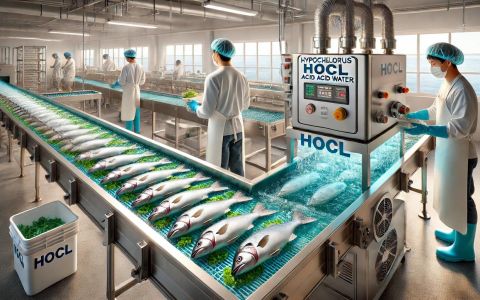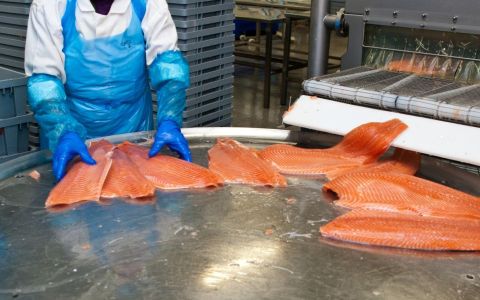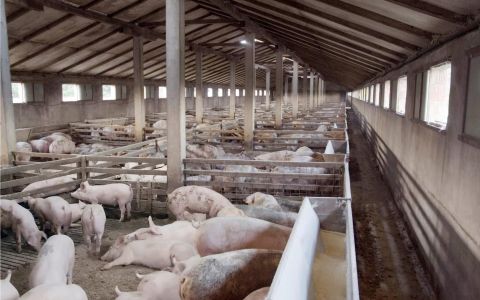Yuang Hsian Metal Industrial Corp. (YHM)’s AB-65 Hybrid Copper Alloy Aquaculture Net Is Environmental-Friendly, Durable, And Anti-biofouling
Do you still consider that the tasty cobia served on the table relies entirely on fishing boats? Aquaculture net can also deliver saltwater fishes with stable quality and quantity. The so-called “aquaculture net” refers to a method by using a fixed purse seiner in a specific range of seawater to raise many aquatic animals. This method has some advantages, such as not occupying land and water resources and having high productivity per water unit. In addition to coastal fishing fishes, aquaculture net can provide the same quality fish as nature-raised ones, then becomes an alternative origin of aquatic products. The most important facility of aquaculture net is purse seiner, but it is easy to be damaged by the ocean flotsam or coastal soil erosion. Also, since the purse seiner would be placed under seawater for a long time, biofouling is a common problem, causing poor water exchange and leading to eutrophication and disease outbreaks.
YHM provides metal purse seiner to solve any aquaculture net's problems. YHM was established in 1979. The main products are copper alloy wires, including brass, phosphor bronze, silicon, nickel, silver, and EDM. In recent years, YHM integrated the copper alloy manufacturing technology to produce a whole new material aquaculture net, making an exceptional achievement in aquaculture.
YHM’s AB-65 hybrid copper alloy aquaculture net has better malleability and resilience, which will increase the effective volume of the net and reduce its damage rate. It can also reduce the frequency of washing and changing the net, thereby reducing the cultured fish mortality caused by net washing and changing. Furthermore, the copper alloy aquaculture net will emit low-dose copper ions, reducing biofouling, parasite infection rate and fish disease outbreaks. Also, low-dose copper ions can promote biological immunity and regeneration, making cultured fishes healthier and the ecology of aquaculture areas richer. Lastly, since the copper alloy aquaculture net is 100% recyclable, it achieves the goal of environmental friendliness and sustainable fishery.
Other News
Taiwan’s agriculture plays a pivotal role in national food security, economic development, and global trade. Despite limited arable land, climate challenges, and an aging rural workforce, Taiwan has developed a highly efficient and technologically advanced agricultural system. Today, the sector is undergoing a digital and sustainable transformation through smart farming, automation, and eco-friendly practices—aimed at boosting productivity, reducing labor reliance, and improving resilience.
Discover how cutting-edge carbon reduction strategies and circular technologies are transforming agriculture, with inspiring examples from Taiwan and Japan leading the way to a greener, more sustainable future.
Integrating smart technologies such as sensors, IoT, and AI into agriculture and livestock sectors enables precise nutritional management, enhancing production efficiency, reducing waste, and promoting environmental sustainability.
This innovative approach combines solar photovoltaic power generation with smart aquaculture technologies, enhancing land use efficiency, stabilizing water quality, and improving farming environments to boost productivity and sustainability in the aquaculture industry.
Integrating artificial intelligence and Internet of Things technologies, AIoT automated poultry scales utilize image recognition to calculate poultry numbers and average weights, uploading data to the cloud for real-time monitoring, thereby optimizing feed management and enhancing farming efficiency.
In 2023, Taiwan's swine industry demonstrated resilience and innovation, supported by government policies such as tax exemptions and the promotion of self-sufficient feed ingredients, leading to a stable foundation and breakthroughs in international markets.
Discover how antibiotic-free feed formulations are revolutionizing the layer industry, enhancing hen health, boosting egg quality, and paving the way for sustainable and safe food production.
Explore how hypochlorous acid water (HOCl) serves as a safe, eco-friendly disinfectant, enhancing biosecurity and promoting sustainable practices in modern farming and aquaculture.
Explore how Taiwan's fisheries industry is advancing seafood processing and cold chain logistics to minimize waste, ensure product quality, and cater to diverse market needs.
Discover how Taiwan's livestock industry is leading the circular economy by turning manure into green energy, organic fertilizer, and valuable industrial resources.












